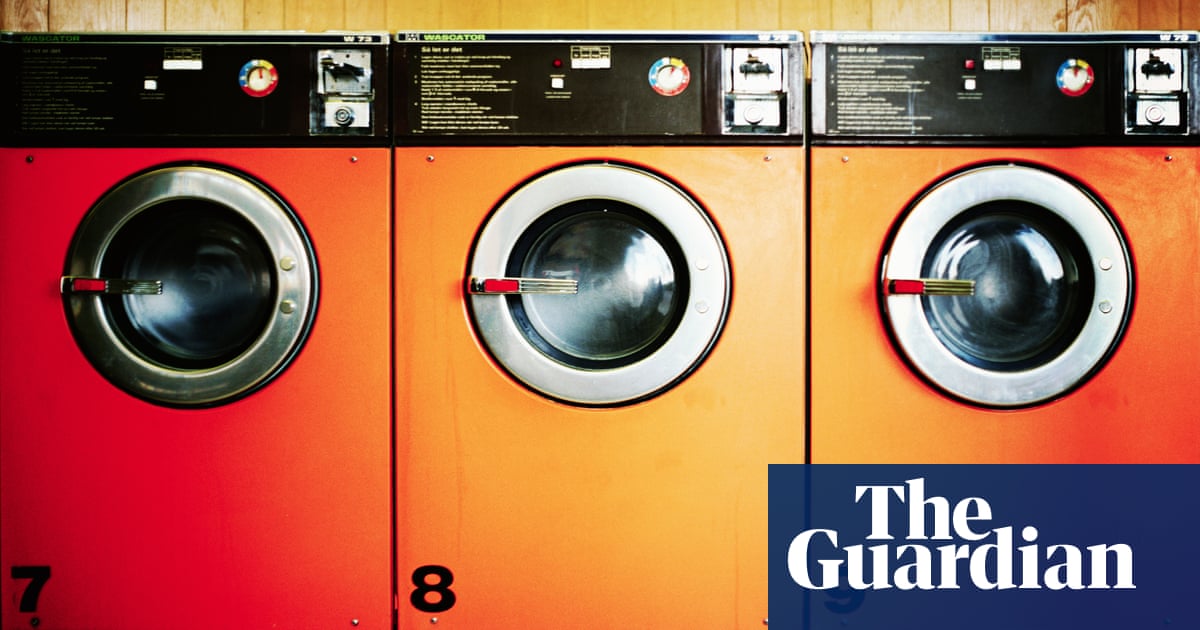
Ellie Robinson, the British Paralympic swimmer, has revealed the struggles she endured just to get to Tokyo as she battled a chronic condition in her right hip that looks set to end her swimming career on the day she turned 20.
In her own words it is a “story of triumph, not a story of defeat” after Robinson made it to the final of the women’s S6 50m butterfly in her second Paralympic Games. She placed fifth in the race, an achievement she said had allowed her to “finish on my own terms” after Perthes’ disease meant “time was up” for her hip.
“Even though I have deteriorated physically and my hip is in a very bad way, I think I am mentally stronger than ever,” Robinson said after the race. “I am so proud of where I am. I don’t want this to be a story of sorrow and heartbreak, I want this to be a story of triumph because it is. I did what I wanted to do and I finished on my own terms and proved to myself that I had it in me.
“I have Perthes’ disease in my right hip, and that is an osteoarthritic hip. That means these hips have a finite amount of time left in them and for me [it] just happened to be last year when I ran out of time.
“I have tried medications that have not worked and I have been told just to manage the pain. So I am incredibly proud to get here, there were times when I thought I’d struggle just to even get to the Games. I remember saying even if I have to crawl to the blocks on my hands and knees, I will get there.
“I have had people telling me all the way back in December, I don’t have to finish, I can finish now but I remember screaming back at them saying I am not going to bow out. I am not going to quit. I am finishing on my terms.”
Robinson received her diagnosis of Perthes’ disease in 2012. A condition that causes the hip to collapse and rebuild in a new shape, it will ultimately result in a severe limitation of movement. Robinson won a gold and a bronze medal at the Rio Games of 2016, and barring a blip in 2018 her condition remained stable. In 2019, she says, she was in a shape that meant she was “really pushing for gold”.
“Then we had the lockdown,” she said. “I did a lot of cycling, gym work, land work, and I think that really took its toll on my hip. I just ran out of time. It was really that lockdown phase and it didn’t pass like in 2018, it persisted. Had the Games been last year, it would have been a very different story, I was swimming incredibly well.”
Robinson says she now intends to concentrate on her studies, before eventually undergoing hip replacement surgery. “I am now looking towards the next chapter and I am doing a history and politics degree so I would love to pursue a career in something like that,” she said. “At some point down the line maybe this year, 10 years, 20 years I am going to have a hip replacement because that is the only option for my hip.”
Knowing something that the audience watching at home did not, Robinson swaggered into the Tokyo Aquatic Centre, as she had in Rio, like a boxer walking up to the ring, her head under the hood of her navy blue cowl. She finished in a time of 37.08sec and, afterwards, she thanked her parents and her grandparents for helping her through the last year. She was particularly grateful, she said, to her grandad who had made her “smarter, more inquisitive and philosophical” and helped her prepare for her ultimate race.
“I think I am so much happier with how I have done than I would been last year because last year it was gold or nothing,” she said. “I was in that mindset [where] I was terrified not to win. Now I am more than happy to come away without a medal because I know what it means for me as a person, for setting myself up for the next chapter in life. I am confident now because a lot has been thrown at me and bring it on. If the university has got something else for me, that’s fine because I know I can handle it.”












